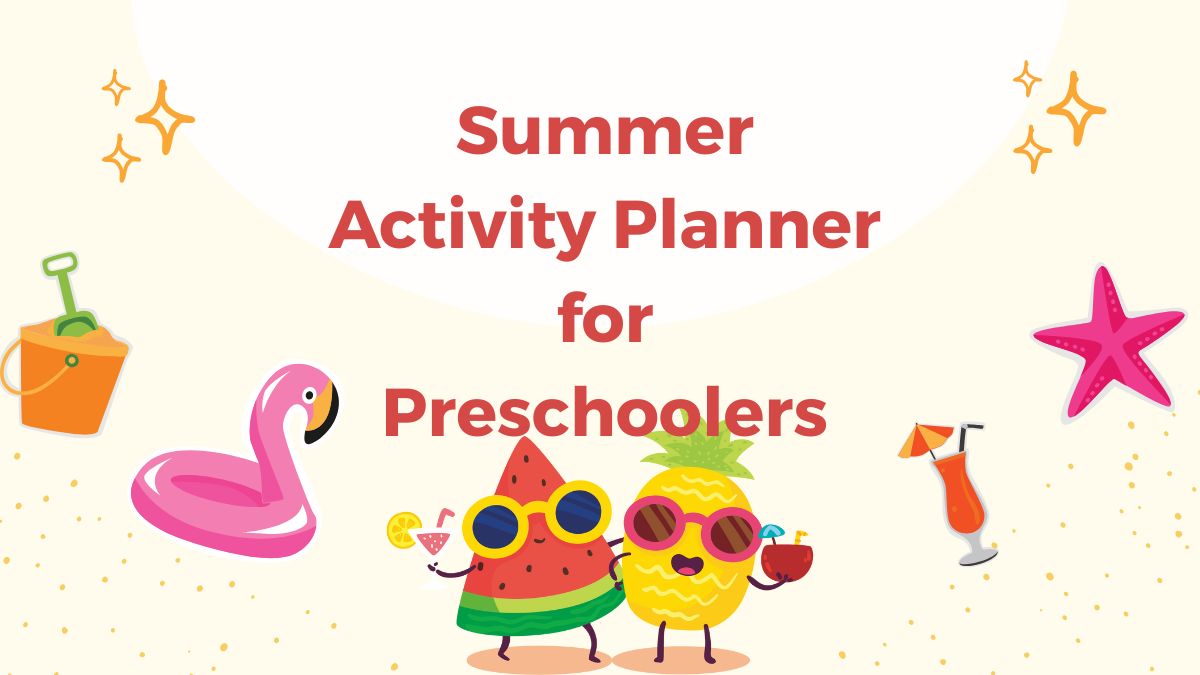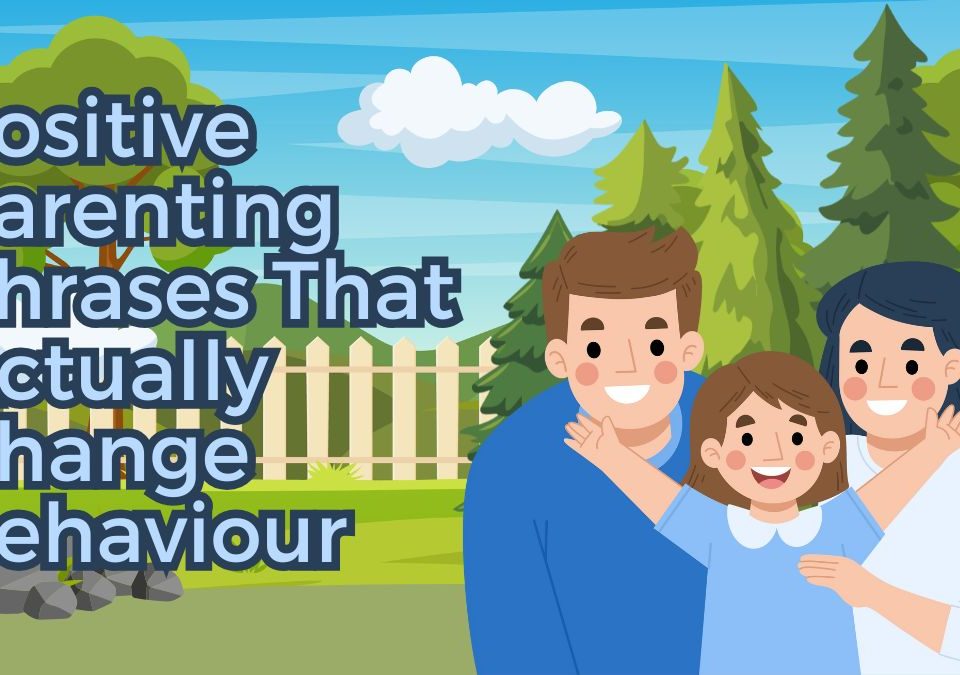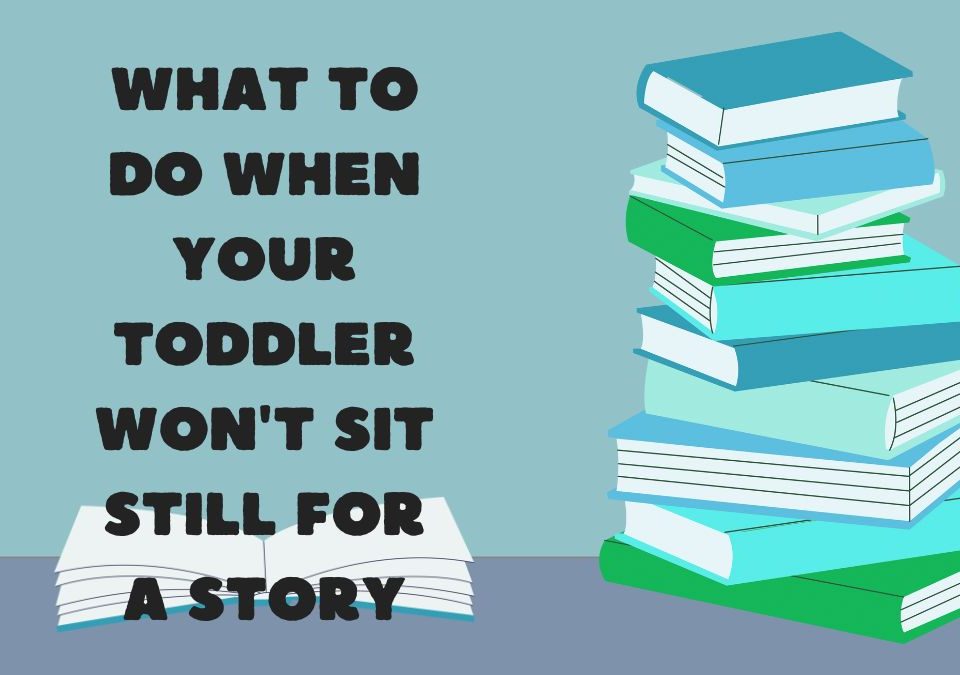
What To Do When Your Toddler Won’t Sit Still for a Story

10 Positive Parenting Phrases That Actually Change Behaviour

When summer holidays arrive, it’s tempting to let the days unfold without a plan. But if you’re parenting a preschooler, you already know how quickly unstructured days can turn into chaos. While there’s no need to schedule every moment, having a loose plan helps create rhythm, manage energy, and reduce stress—for you and your child.
This article gives you a simple, flexible Summer Activity Planner designed specifically for preschoolers and their families. You’ll find practical tips, age-appropriate activity categories, and a free printable to make your summer smoother, more fun, and full of connection.
Table of Contents
Why Plan Summer Activities for Preschoolers?
Preschoolers thrive on predictability. While they don’t need a rigid timetable, they do benefit from a sense of “what comes next.” Planning ahead also:
-
Eases transitions between activities
-
Reduces screen time battles
-
Helps manage overstimulation or boredom
-
Gives you a daily fallback on long, hot days
The key is balance: structure without rigidity, and fun without overwhelm.
10 Ways to Beat Summer Boredom
What Makes a Great Summer Plan for Preschoolers?
Your planner should include a mix of:
-
Indoor and outdoor time
-
Quiet and active play
-
Creative and sensory experiences
-
Opportunities to build independence
Your summer plan should feel like a menu, not a schedule—something you can dip into, not a checklist you have to complete.
7 ideas for Outdoor Summer Fun
5 Key Activity Categories to Include in Your Weekly Plan
Use these five simple categories to keep your week balanced and engaging:
1. Make & Create (Arts & Crafts)
Preschoolers love hands-on creative projects, especially ones where process matters more than the end result.
Ideas:
-
Collage with old magazines or natural materials
-
Painting with brushes, sponges, or even toy cars
-
Homemade playdough sculpting
-
Watercolour on coffee filters
-
Sticker scenes or colouring pages
Keep a “craft box” stocked with glue, tape, paper, and recyclable bits so you’re always ready for spontaneous creativity.
2. Move & Groove (Gross Motor Play)
Daily movement is vital for physical development and emotional regulation.
Ideas:
-
Obstacle courses with cushions, cones, or chalk
-
Dance parties with scarves or balloons
-
Garden races or “animal walks” (crab, bear, frog)
-
Mini yoga or stretching breaks
-
Bubble chasing or hopscotch
Plan at least one movement activity each day to burn off energy.
The World Game Super Skills Outdoor Garden Games for Kids
3. Discover & Explore (STEM & Nature)
Encourage curiosity and problem-solving with simple exploration tasks.
Ideas:
-
Nature scavenger hunts
-
Sink or float experiments
-
Growing seeds in a jar
-
Making patterns with natural objects
-
Shadow tracing with chalk
Use what you already have—there’s no need for fancy kits.
Backyard Waterpark with Splash Wheel, Dump Buckets for Kids Outdoor Water Play
4. Chill & Connect (Calm Activities)
Not every day needs to be packed. Slow moments are just as valuable.
Ideas:
-
Read-aloud time in a shaded spot
-
Puzzles or matching games
-
Listening to audiobooks or calming music
-
Threading pasta onto a string
-
Water play with cups and spoons
These quieter moments help your child recharge and self-regulate.
5. Pretend & Play (Imaginative Play)
Pretend play supports language development and social-emotional learning.
Ideas:
-
Dress-up and role play (doctor, shop, school)
-
Toy picnics or teddy bear tea parties
-
Building dens or forts
-
Using puppets or storytelling props
-
DIY shop or post office with boxes and signs
Keep a small rotation of toys to keep things fresh and engaging.
17 Superb Activities for 2-5 year olds
Creating a Flexible Weekly Summer Plan
Here’s how to make it work without pressure:
-
Choose one activity per category for the week.
-
Pick a few for each day, depending on your child’s mood and the weather.
-
Don’t aim for perfection—aim for connection.
Use a visual planner to lay out the week. Preschoolers love being able to “see” what’s coming. This helps reduce resistance and encourages them to take ownership.
Free Download! Get your Summer Activity Planner here
Tips for Getting the Most Out of Your Summer Plan
-
Involve your child in planning—let them choose from your list
-
Keep your expectations realistic—some days will go off-plan
-
Reuse favourite activities—it’s okay if they want to do the same thing three days in a row
-
Let go of the idea of “filling” time—focus on quality connection
Final Thoughts
Planning your summer doesn’t mean micromanaging it. The goal is to provide a calm structure that helps both you and your preschooler feel grounded and connected. With just a little forethought, your days can feel smoother, more joyful, and full of small wins.
Download your FREE Summer Activity Planner now and start creating a season of play, learning, and connection—one relaxed day at a time.

I am a preschool and primary school teacher and mum to 3 children. I have been involved in education since 1997 and have trained in a variety of educational specialist areas. It is with this expertise that I write articles to help parents and educators provide quality learning experiences for the children in their care.




